With RRR’s ‘Naatu Naatu’ and two documentary nominations at Oscars 2023, India has reason to cheer. But do the awards really matter?

Last year’s ‘Slapgate’ incident notwithstanding, it was the second-lowest-rated show in Oscars history, averaging 15.4 million viewers, down from more than 40 million a decade ago. Will this year be any different?
| Photo Credit: Getty Images
In the run-up to the 95 th Academy Awards, which airs in India Monday, Telugu blockbuster RRR is the worst — or perhaps the best — thing to happen to Shaunak Sen’s All That Breathes and Kartiki Gonsalves’s The Elephant Whisperers, both of which are in with a realistic chance of making history at the Oscars.
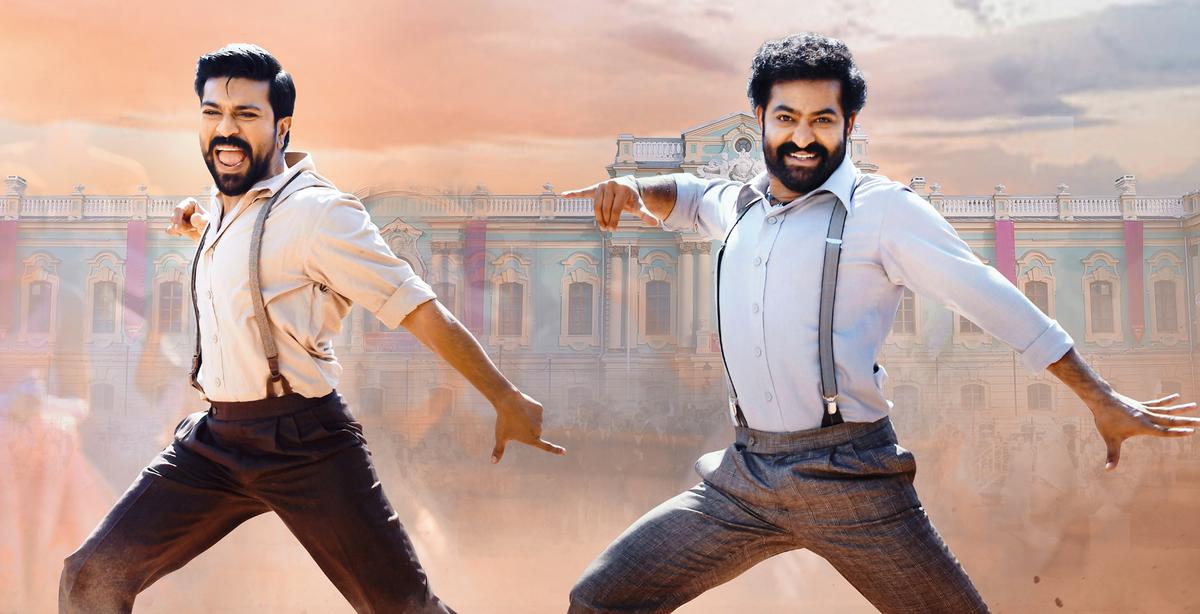
The wildly popular and Oscar-nominated ‘Naatu Naatu’ number from S.S. Rajamouli’s ‘RRR’ will be performed live on Hollywood’s biggest night out.
All of India is hung up on the Original Song nomination for the infectiously peppy ‘Naatu Naatu’. It is another matter that the recognition represents disappointingly slim pickings for a heavily publicised film that was tipped to garner best picture, directing and acting nods.
The two wonderful Indian documentaries have, in the bargain, escaped unwanted media frenzy. Just as well, given that most entertainment industry chroniclers in this country cannot tell an Oscar from a Palme d’Or.
If anyone can now rival RRR for their attention, it is actor Deepika Padukone, who is set to present an Oscar, and Indo-Canadian YouTuber Lilly Singh, who will host the Academy Awards pre-show. So, All That Breathes and The Elephant Whisperers aren’t exactly bobbing on the Indian media radar, not yet at any rate.
The hype the Academy Awards has generated in India this year is way out of proportion. RRR may not have made the sort of Oscar waves it was expected to, but the buzz might help director S.S. Rajamouli make Hollywood inroads. That would be a personal, and deserving, triumph for him. It would, however, do little for Indian cinema, especially its non-mainstream strand, which relies on international festival exposure for sustenance.
Festival exposure is helpful, but expensive
Filmmaker Rima Das, whose Village Rockstars was India’s official Oscar submission in 2018, says: “A small independent film can be competitive only if it rides on prior visibility and plays the game with a clear strategy. Festival exposure is helpful, but you need money to camp in Los Angeles and campaign.”
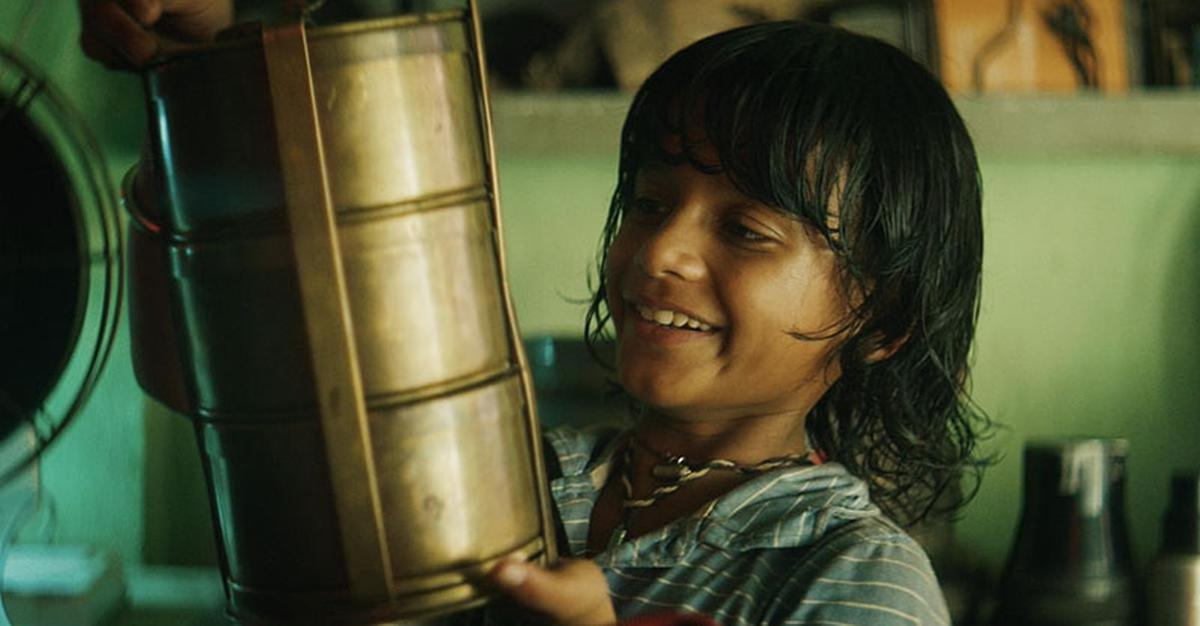
A still from Pan Nalin’s Gujarati film ‘Chhello Show’, which was India’s official entry in the Best International Feature category at Oscars 2023.
She cites the examples of India’s Chhello Show and Pakistan’s Joyland. The former came via Tribeca, the latter from Cannes, so they weren’t unknown entities, Das says. In a year to remember for subcontinental indie cinema, both made the Oscars shortlist but eventually fell short.
Says Delhi-based independent filmmaker Sidharth Srinivasan: “At the end of the day, the Oscars are a mainstream Hollywood celebration.” Indeed, the Academy Awards exist to further the American movie industry’s commercial interests. Wooing India, one of the world’s largest movie markets, is currently among U.S. showbiz’s top priorities.

A still from Korean filmmaker Park Chan-wook’s ‘Decision to Leave’, a romantic thriller that won the best director prize at Cannes 2022.
Non-studio, non-Anglophone films are usually bit players on Hollywood’s big night out. Park Chan-wook’s Decision to Leave, a stunningly well-crafted romantic thriller that won the best director prize at Cannes in 2022, was shut out of the Oscars this year.
Several of the Best Picture nominees (The Fabelmans, Tár and The Banshees of Inisherin), Srinivasan points out, have bombed at the U.S. box office. “Previously, an Oscar nomination would bolster the commercial prospects of a film,” says the director. Not any more.
(Caption: While several of the Oscar Best Picture nominees have bombed at the U.S. box office, ‘Avatar: The Way Of Water’ (left) and ‘Top Gun: Maverick’ (right) are the exceptions. ‘Black Panther: Wakanda Forever’ (centre), the No. 6 highest-grossing film of the year, did not get a Best Picture nomination, but is in contention in other categories.)
| Photo Credit:
Special Arrangement
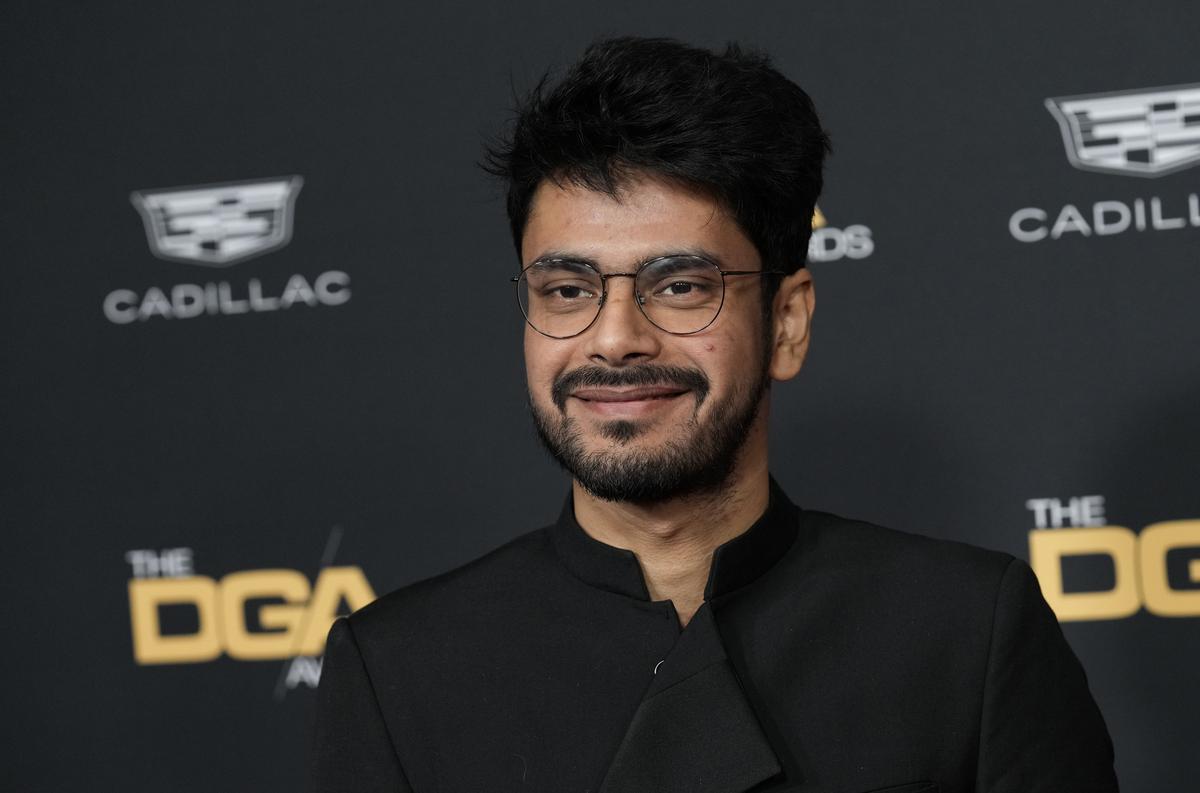
Shaunak Sen, director of All That Breathes, at the 75th Directors Guild of America Awards in California on February 18, 2023.
| Photo Credit:
AP
“The one glimmer of hope,” says Srinivasan, “is in the non-narrative stream. All That Breathes, Writing with Fire (2022 Oscar nominee in the Documentary Feature category) and The Elephant Whisperers have all generated a buzz.”
Whether Sen takes home the statuette or not, his documentary feature is already much decorated. All That Breathes won trophies at Sundance and Cannes last year. It has also just earned its directors of photography Ben Bernhard and Riju Das the American Society of Cinematographers’ Documentary Feature Trophy. An Oscar would only be the icing — a welcome one, to be sure — on the cake.
Votes count at the Oscars
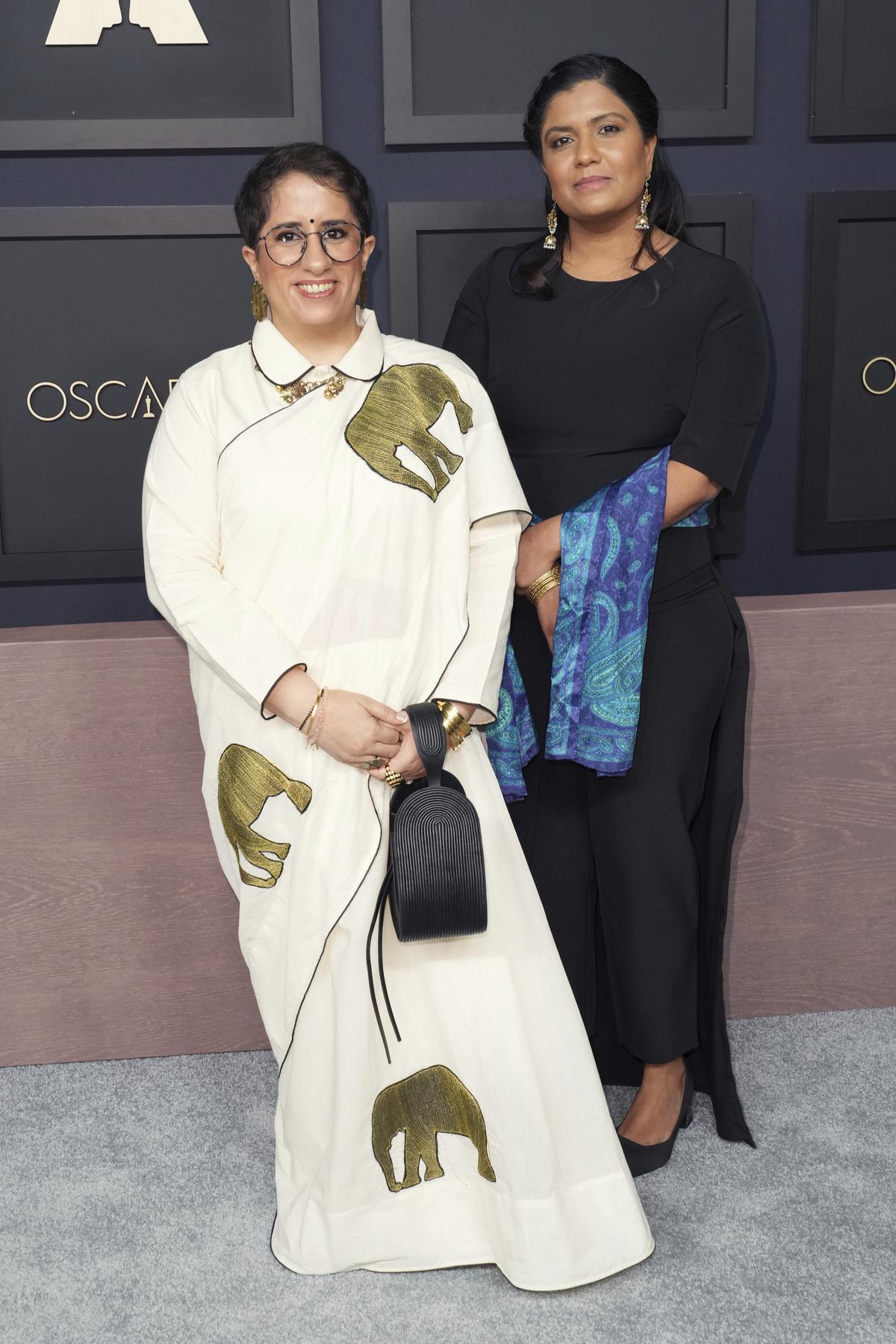
Guneet Monga (left) and Kartiki Gonsalves, producer and director, respectively, of the Oscar-nominated ‘The Elephant Whisperers’, at the 95th Academy Awards Nominees Luncheon in California on February 13, 2023.
| Photo Credit:
AP
However, for debutante Gonsalves, an Oscar nomination for Best Documentary Short is a shot in the arm. She says: “We are absolutely thrilled to get this great honour. This is helping spread the message of The Elephant Whisperers and create more empathy for elephants and other living beings we share our spaces with.”
The photographer-turned-director from Ooty is now bound to find new professional opportunities thanks to the momentous journey her Netflix-backed, Guneet Monga-produced film has made.
Votes count at the Oscars. The biggest challenge that an independent filmmaker faces is getting all the Academy members to watch a film. Productions backed by studios or major U.S. distributors have a huge headstart.
Some might argue that no ‘top 10’ blockbuster has won the Best Picture Oscar since 2004, the year The Lord of the Rings: The Return of the King bagged 11 statuettes from as many nominations.
All said and done, the Oscars are the preserve of films that are sometimes portentous, sometimes pretentious but always safe and cauterised and therefore easy for both audiences and Academy voters to grasp. That explains why Tim Burton, David Cronenberg (who had Crimes of the Future in the running this year) or David Lynch, to name only a few North American directors, have never won a competitive Oscar.
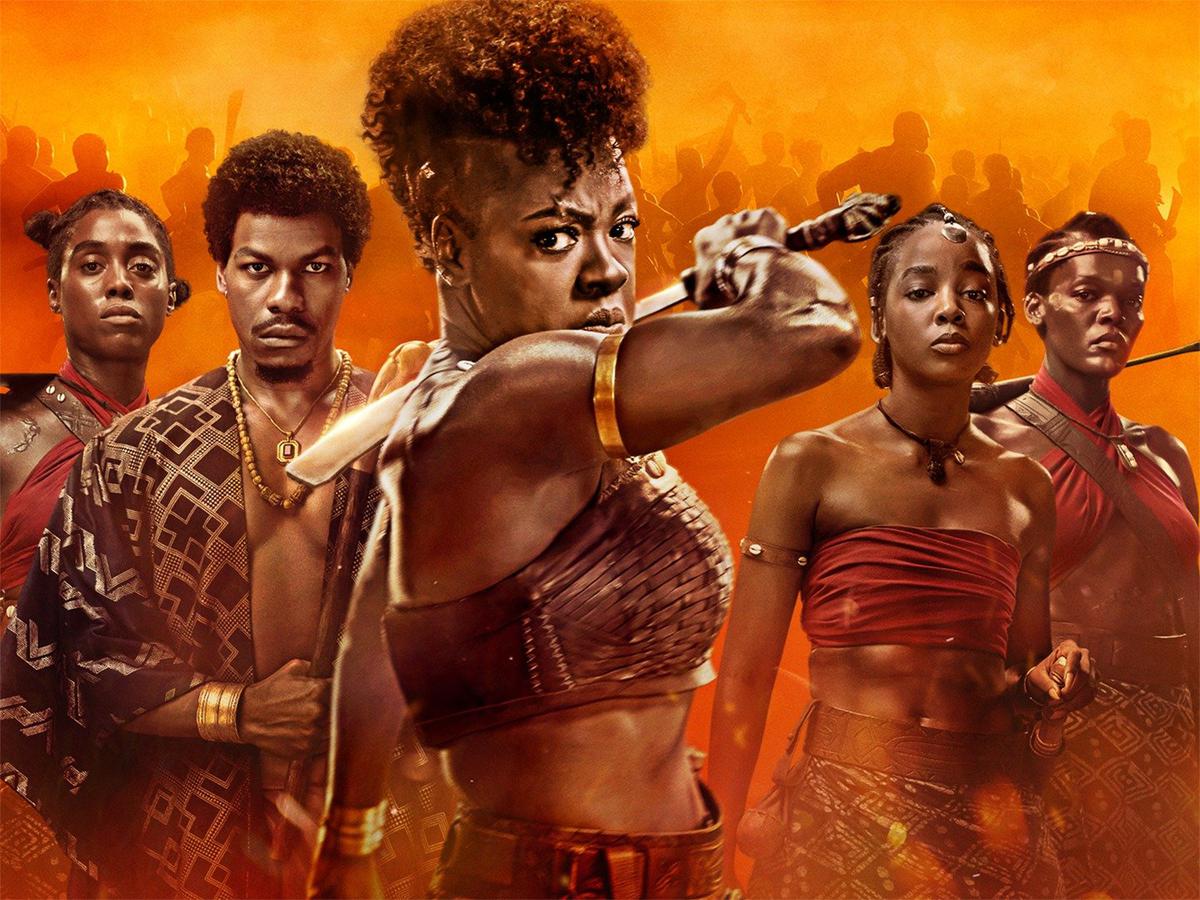
A promotional still from Gina Prince Blythewood’s 2022 blockbuster ‘The Woman King’, starring Viola Davis, which did not receive any Oscar nominations.
It also explains why this year only two of the Best Picture nominees — All Quiet on the Western Front (Germany) and Triangle of Sadness (Sweden) — are from outside the English-speaking world. But then, the former is a Netflix film and the latter is in English.
The Oscars, accused in recent years of being insular and gender insensitive, never offer a level-playing field. So, Sarah Polley, whose Women Talking is among the Best Picture contenders, isn’t nominated for directing. Worse, Gina Prince Blythewood’s super-successful The Woman King and its lead Viola Davis have drawn a blank. The loss isn’t theirs.
The writer is a New Delhi-based film critic.
For all the latest Entertainment News Click Here
For the latest news and updates, follow us on Google News.
